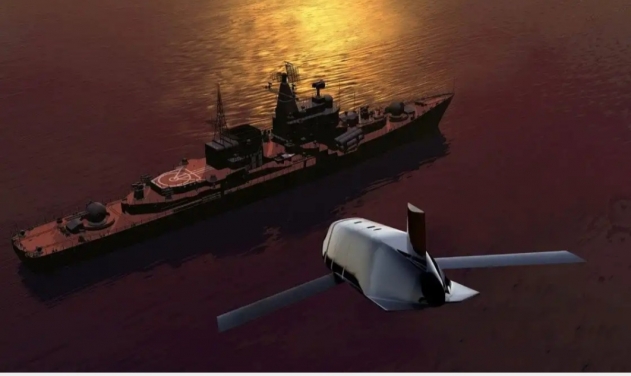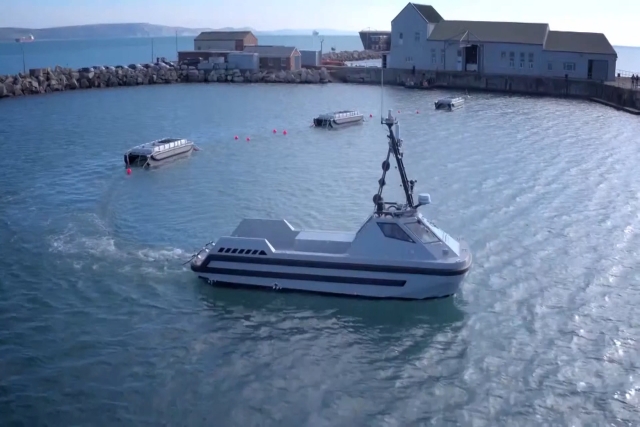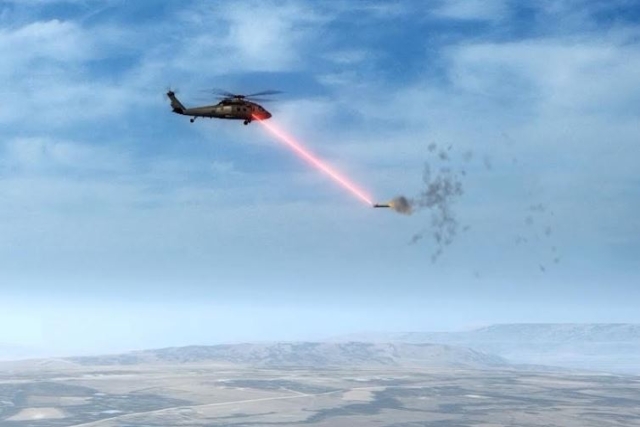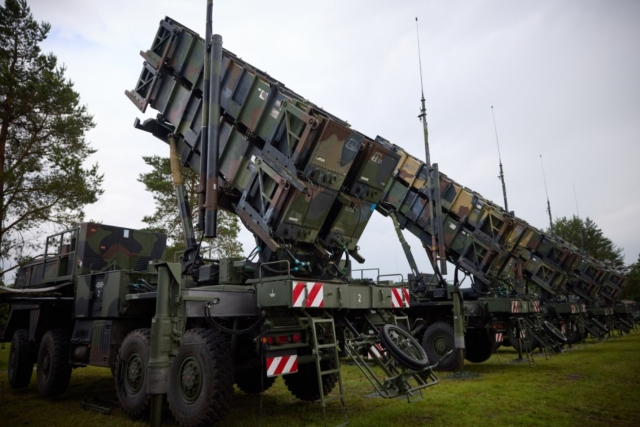BAE Systems Signs Contract to supply LRSAM Sensors for US Navy's Super Hornet Jets

BAE Systems has signed a contract with Lockheed Martin for the production of more than 50 long range anti-ship missile (LRASM) sensors and are working to achieve early operational capability (EOC) on the United States Navy's F/A-18E/F Super Hornet in 2019.
The two companies worked in tandem to achieve EOC for LRASMs on the B1-B bomber ahead of schedule. The Air Force accepted delivery of production LRASM units following successful simulation, integration, and flight tests that demonstrated the missile’s mission readiness, BAE Systems said in a statement Monday.
BAE Systems’ long-range sensor and targeting technology enables LRASM to detect and engage protected ships in all weather conditions, day or night, without relying on external intelligence and navigation data.
LRASM is a precision-guided anti-ship missile designed to give the US Navy the ability to strike high-value targets from long ranges while avoiding counter fire. The system uses semi-autonomous guidance and target cueing data to precisely locate and attack targets, reducing reliance on ISR platforms, networking links, and GPS navigation, which could be compromised by enemy electronic weapons.









